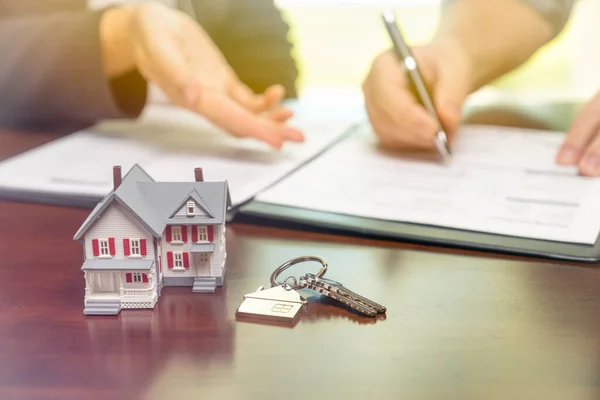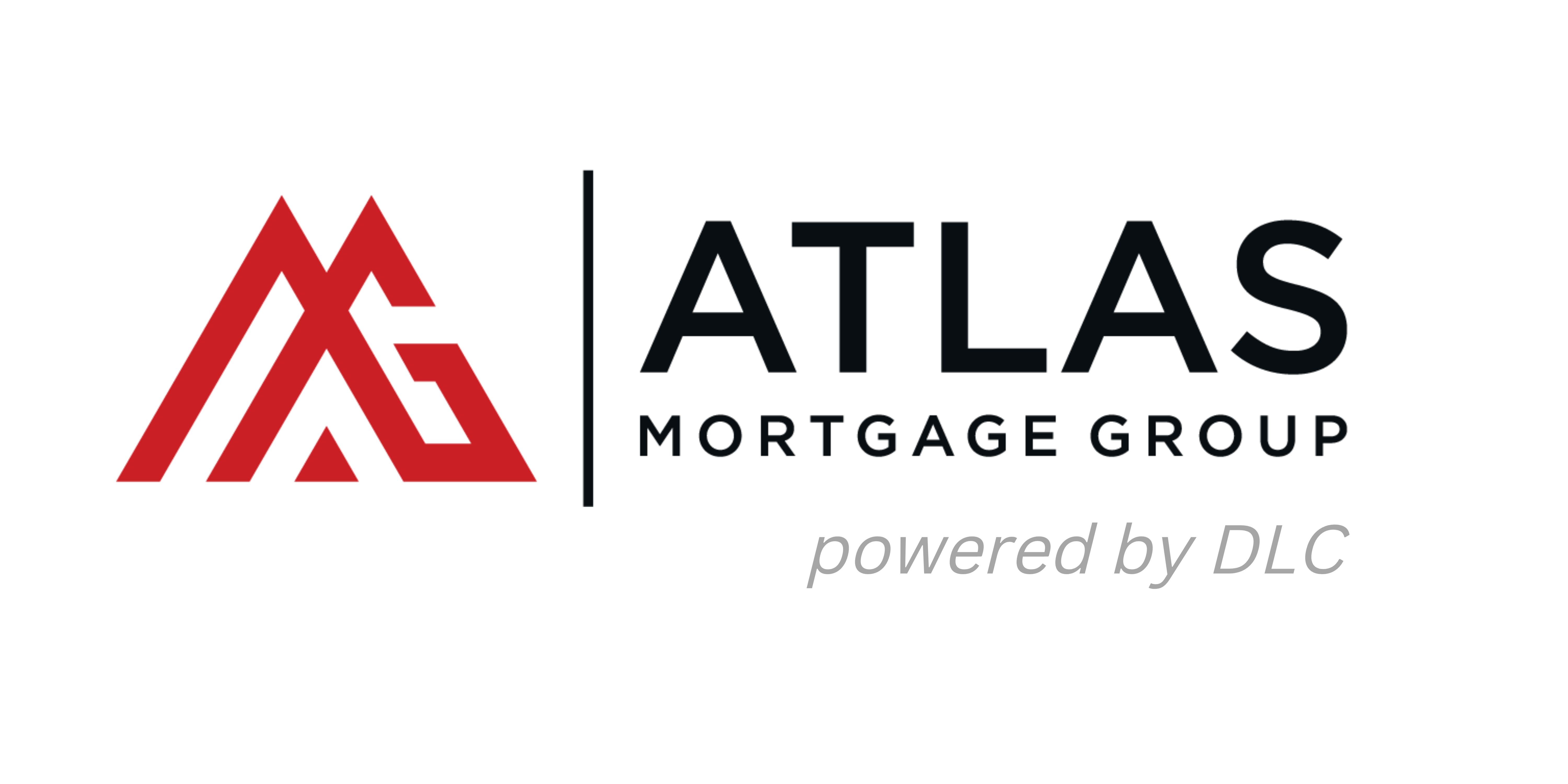The Hidden Costs of Buying a Home (And How to Prepare)

Buying a home is one of the most exciting milestones in life. It’s a chance to create a space that’s truly your own. But while most buyers focus on the down payment and monthly mortgage payments, there are other costs—often unexpected—that can take you by surprise if you’re not prepared.
Let’s talk about the hidden costs of buying a home so you can avoid unpleasant surprises and plan with confidence.
Closing Costs: The Price Tag You Don’t See Coming
The first major surprise for many homebuyers is closing costs. You’ve found your dream home, made an offer, and gotten a mortgage approval. But before you get the keys, closing costs will come knocking.
These include fees and expenses like:
- Land Transfer Tax: This can cost thousands depending on your location. Some provinces offer rebates for first-time homebuyers, so take advantage if you qualify!
- Legal Fees: Expect to pay $1,500 to $2,500 for a real estate lawyer to handle all the paperwork.
- Home Inspection: While optional, a home inspection is highly recommended and typically costs $400–$700.
These costs can add up to 3–5% of the home’s purchase price, so if you’re buying a $500,000 home, budget for $15,000–$25,000 in additional expenses.
Property Taxes: An Ongoing Expense
Owning a home means paying property taxes, which are based on your home’s value and your local municipality’s tax rate.
For example, if your home is valued at $500,000 and the tax rate is 1%, you’ll need to set aside $5,000 annually. That’s a hefty bill to account for on top of your mortgage payments.
It’s a good idea to check the property tax rates in the area before buying. Some neighborhoods and cities have significantly higher rates, which can impact your long-term budget.
Unexpected Maintenance Costs
Your dream home might be perfect now, but homes require maintenance—and those costs can add up quickly.
- A roof replacement can cost $5,000 to $15,000.
- HVAC system repairs or replacements could set you back $10,000.
- Appliance replacements like a new fridge or washing machine might cost $1,000 or more each.
Owning a home means having a rainy day fund—for when the roof starts leaking.
Experts recommend setting aside 1–3% of your home’s value annually for maintenance. For a $500,000 home, that’s $5,000–$15,000 per year.
Moving Costs
Even moving into your new home isn’t free. Whether you’re hiring professional movers or doing it yourself, there are costs involved.
Professional movers can cost anywhere from $1,000 to $2,500, depending on the distance and size of your move. Don’t forget smaller expenses like boxes, packing supplies, or taking time off work.
Utilities and Setup Fees
Setting up your utilities is another expense many buyers overlook. When moving into a new home, you’ll likely pay:
- Connection fees for electricity, gas, water, and internet (usually $50–$200 per service).
- Utility deposits for first-time customers, depending on the provider.
Plan to spend a few hundred dollars to get everything up and running smoothly.
Home Insurance
Lenders require home insurance, and it’s an expense you’ll need to account for. Typical home insurance costs range from $800 to $1,500 annually, depending on the size, location, and condition of your home.
Make sure to shop around for quotes to find the best coverage and price. Your policy should protect against property damage, liability, and the cost of replacing your home.
Budgeting for the Hidden Costs
So how do you avoid being caught off guard?
- Save Beyond the Down Payment: Aim to have an additional 3–6% of the purchase price saved for closing and upfront costs.
- Start an Emergency Fund: Set aside savings specifically for unexpected maintenance and repairs.
- Work With a Professional: A mortgage broker (that’s me!) can help you plan for these hidden costs and guide you through the entire process.
Final Thoughts
Buying a home is a major financial commitment, but being prepared for the hidden costs can make the process smoother—and less stressful. The more you plan ahead, the fewer surprises you’ll encounter.
Have questions? Let’s chat! I’m here to help you budget, plan, and find the home that fits your dreams and your wallet.
Ready to take the next step? Contact me today, and let’s turn your homeownership dream into a reality.

